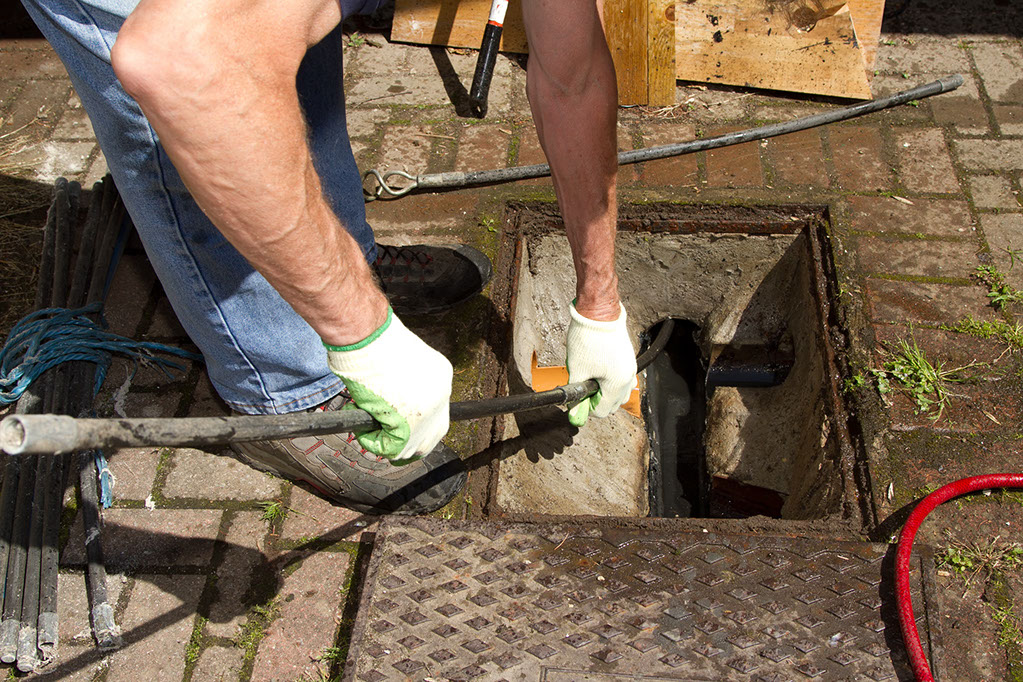A lot of people don’t really have any clue how often their drains should be cleaned, and this can lead to a host of problems later on. It’s also true that most people don’t even think about their home’s drains or what they require until something goes wrong with them, and that’s not ideal either.
It means that problems are allowed to arise and that proper action is only taken when the drains are already blocked or experiencing other issues. Ideally, you should take action before that happens in order to ensure your drains don’t get blocked and those other problems don’t materialise. A big part of that is making sure they’re cleaned regularly and correctly.
You can find out more about how and when to do that below, so keep reading to find out more.
How Often Should I Clean My Drains?
The more you clean out your drains, the better they’ll perform and the less likely you’ll be to experience problems with them going forward. It really is as simple as that. With that in mind, the very best way to care for them is to clean them properly once a week. Of course, that’s not going to be possible for everyone, especially those with busy schedules, and that’s alright too.
If you don’t have the time to clean out your drains on a weekly basis, doing it once a month is fine too. As long as you make sure you get them cleaned out on a regular basis and don’t leave it too long between clean-outs. Everyone has different schedules and different amounts of free time available to them, so not everyone can dedicate the same amount of time to these things.
If you’re really short on time, you could always hire a professional company to clear out the drains for you. That’s one of the services we offer, meaning we can take care of this task for you on a regular basis if you can’t or don’t want to do it yourself. This makes life a little easier for you.
If You Notice Problems
There’s always a chance that a problem might occur, even if you’re sticking to a regular cleaning schedule. And when that happens, it’s important to know what to do. If you notice any bad smells or any other signs that you’re concerned about, it’s a good idea to seek immediate help from a professional. If the problem is relatively straightforward, the drain can be unblocked and cleaned to fix the issue.
In some circumstances, the problem may be deeper and simply cleaning out the drain might not be enough. When that happens, further exploratory work has to be carried out to get to the bottom of the issue and find out what’s going on with it. Again, this is something that can only be carried out by people with professional experience because it’s a difficult task to get right.
A plumber will be able to find out what’s going on and, most importantly, ensure the problem doesn’t simply return again in the near future. There’s always a risk of something like that happening, and it’s certainly the last thing you need. So if you notice a problem and you’re not sure what to do about it, trust the professionals to get it right.
Avoiding Blocked Drains
The best way to deal with a blocked drain is, of course, to avoid it happening in the first place. There are things that can be done to make blockages less likely. The first step is one we’ve already talked about. You simply need to make sure that you clean out the drains regularly to get rid of any problems that might be present. That way, they won’t have the chance to develop into something more troublesome.
There are devices you can use to place over your drains to prevent blockages occurring as well. These are known as drain traps or catches. These can stop debris and other things from entering the drain. Anything that’s too big to be going down the drain will be blocked, and fluids will be allowed through as they should. You can then manually remove anything that’s blocked by the train trap.
Another thing you can do is avoid putting anything down the drain that simply shouldn’t be there. Kitchen oils and things like that should never be put down the drain, for example. These simply lead to blockages, so cutting out those kinds of actions will help to make blocked drains less likely.
The Most Common Reasons for Blocked Drains
There are lots of different reasons why drains get blocked, and understanding these reasons is a good idea if you’re going to prevent this problem going forward. As mentioned above, one of the most common reasons for drain blockages is an excess amount of grease and fat entering the drains, and this can be avoided by properly and safely disposing of these things in other ways.
Any kind of foreign object that enters the drain and has the chance to cause a blockage is likely to lead to problems. The drain traps we discussed above can help to prevent these kinds of problems arising. Sometimes, it’s as simple as leaves and small tree branches causing blockages in the drains around your home. Steps should be taken to minimise this risk.
Toiletries and things we tend to use in the bathroom can also have a significant impact on drains. Baby wipes and things of that nature are terrible for drainage systems and can very quickly lead to blockages, and that’s why they should always be put in the bin instead. Even hairs that go down the drain can cause problems.
If you want more help with your drains, then don’t hesitate to get in touch with us here at Quick Clear Drainage. We can help to make sure that your drainage problems are dealt with professionally and efficiently. You can trust our team to get the job done properly.

